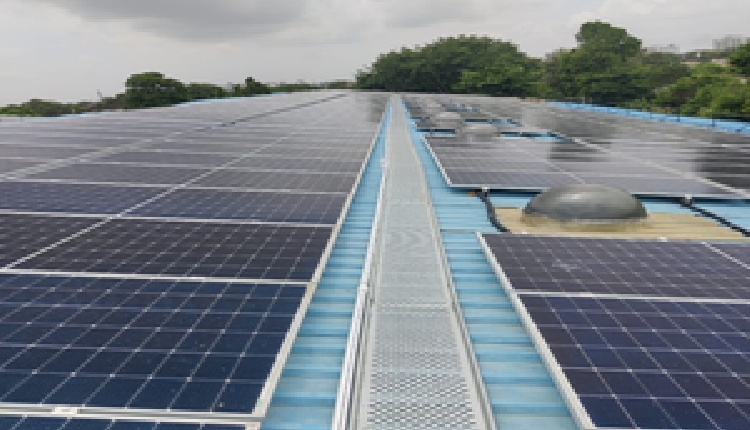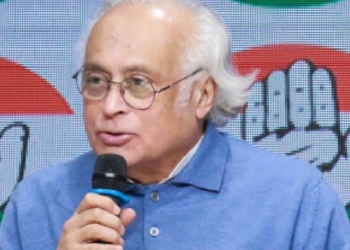New Delhi: The government on Tuesday informed that the total installed capacity of solar photovoltaic (PV) power in the country stands at 85.47 gigawatt (GW) and wind power at 46.65 GW.
The Centre has undertaken several measures and initiatives to promote the development of renewable energy (RE), including solar and wind power.
These measures directly or indirectly incentivise industries to increase the use of RE against the consumption of energy from conventional coal-thermal-based power, according to Shripad Yesso Naik, Minister of State for New and Renewable Energy.
The minister told the Rajya Sabha that the country aims to achieve 500 GW of installed electric capacity from non-fossil sources by 2030. Towards that goal, the Centre has permitted foreign direct investment (FDI) up to 100 per cent under the automatic route.
The Ministry of New and Renewable Energy has also waived Inter-State Transmission System (ISTS) charges for inter-state sale of solar and wind power for projects to be commissioned by June 30, 2025, for Green Hydrogen projects till December 2030 and for offshore wind projects till December 2032.
“To boost RE consumption, Renewable Purchase Obligation (RPO) trajectory has been announced till 2029-30 including separate RPO for decentralised Renewable Energy,” the minister informed. A project development cell for attracting and facilitating investments has also been set up.
There are other schemes such as Pradhan Mantri Kisan Urja Suraksha evam Utthaan Mahabhiyan (PM-KUSUM), PM Surya Ghar Muft Bijli Yojana, National Programme on High-Efficiency Solar PV Modules, National Green Hydrogen Mission, and the development of 1GW Offshore Wind Energy Projects, etc.
According to the Economic Survey 2023-2024, India has a well-established infrastructure to attract FDI in sectors like greenfield projects such as renewable.
Top American and European companies in the renewable energy sector, such as First Solar, Vesta, and Scatec, have established their operations in India to take advantage of the growing demand for green technologies.
According to experts, the Union Budget will steer India towards a sustainable path.
Climate and energy experts said the Budget highlighted several key initiatives like energy transition pathways, climate finance, improving water resources management, and measures related to irrigation and flood management that will boost India’s fight against the impacts of climate change.
















